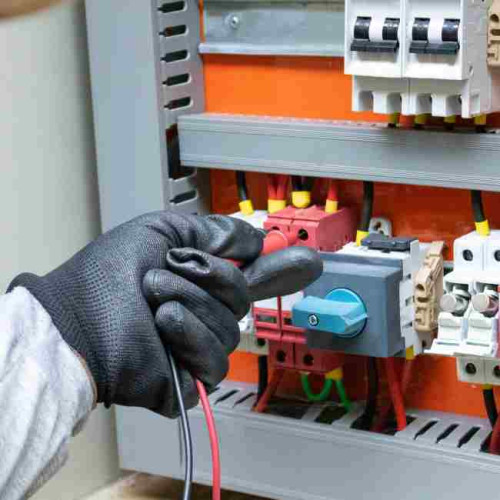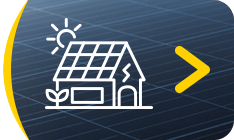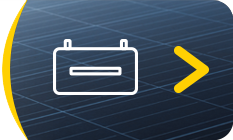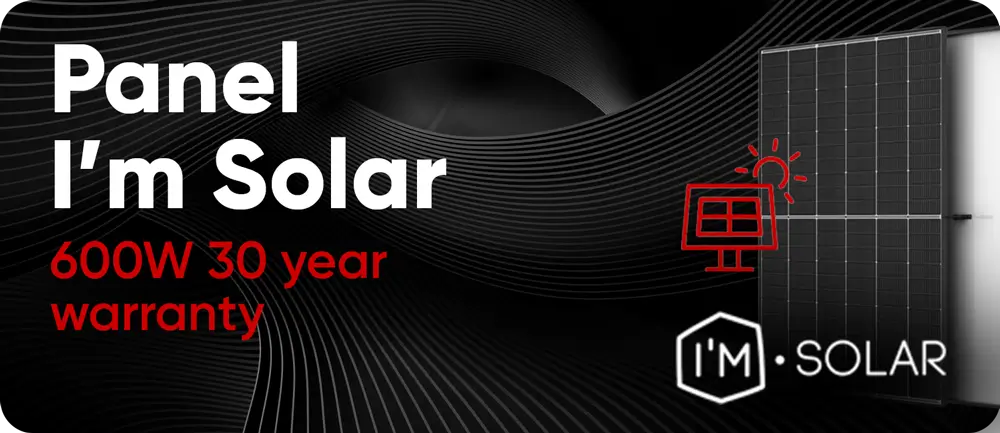- 09 Oct, 2017
- Solar Training , Myths & Facts

An interview with the European Regional Development Fund by the press agency AFP recently started this debate in France. It mentionned the risk of overvoltage or even blackouts due to the increased use of solar installations on private buildings. The claim was dismissed multiple times since. However, some misconceptions on solar energy still remain. We would like to shed some light on the matter so you know what is true and what is not.
No immediate risk
It appears that grid operators' concerns about potential overvoltages due to solar electricity production are nowadays unfounded. Indeed, a European study conducted at the beginning of the enthusiasm that individuals showed for photovoltaic systems and entitled "Integration of decentralised energy sources in today's electricity system" showed that the current state of development of photovoltaics did not present any risk for the grid. A study that can be considered credible, given that it has integrated all the actors in the sector into its implementation: distributors, suppliers, producers, manufacturers, national energy agencies and research laboratories.
According to its conclusions, the French electricity fleet could accommodate up to 10% of electricity produced in a decentralised manner without risk. However, at least in France, we are still below the 1% threshold, which - let us remember by the way - corresponds to the annual target to be reached, set at the Grenelle de l'Environnement in France.
It even seems that for the moment the impact of photovoltaic installations on the grid is rather beneficial; small decentralized installations would limit overvoltages (yes, it is quite the opposite) as well as losses related to transport. And this observation remains true as long as France has not reached the famous 10%.
Germany has provided us with one more argument to convince you (if any were needed). The country whose solar park is currently much more developed than the French one has exceeded the rate of 2% of private individuals equipped with solar panels, without major problems in terms of network management having been reported.
Modernization of the networks in the medium term
When the 10% threshold is reached, a modernization of the network management system will indeed be required, because then - and only then - could overvoltage problems appear. But once again, the Grenelle de l'eEnvironnement in France only aims to achieve this level of equipment by 2020. The necessary transformations should be considered in the framework of the future Regional Schemes, which will study the local loops (i.e. the ratio between the electricity produced in a region and its demand) one by one. Priority regions (e.g. those of the Landes region, which had been mentioned many times in the debate) could be defined and measures taken.











